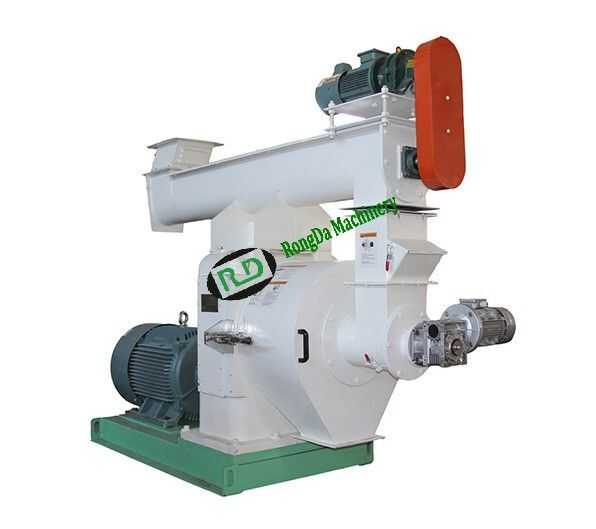Welcome to Rongda Machinery Co., Ltd
Toggle Navigation
As industries worldwide strive to balance productivity with environmental responsibility, biomass pellet machines have emerged as a powerful solution for clean, renewable energy. These machines convert agricultural byproducts, forestry residues, and other organic materials into compact, high-energy fuel pellets. Their versatility and sustainability are reshaping how we approach energy across multiple sectors. Let’s explore the key areas where biomass pellet machines are making a significant impact.

In modern farming, managing crop waste efficiently is a persistent challenge. Biomass pellet machines provide a practical solution by transforming materials such as corn stalks, rice husks, and other agricultural residues into fuel pellets. These pellets can be:
Burned as biofuel to meet on-site energy needs.
Applied as organic fertilizers that improve soil health and reduce reliance on synthetic alternatives.
This dual functionality not only promotes eco-friendly waste management but also opens up new revenue streams for farmers.
As industries seek cleaner energy sources, biomass pellets have become a popular alternative to coal in industrial boiler systems. Their advantages include:
Lower emissions of sulfur dioxide and nitrogen oxides.
Reduced carbon output, supporting companies' sustainability goals.
Compliance with environmental regulations, often at a lower operational cost.
By switching to biomass fuel, industrial operations can significantly cut energy expenses while improving their environmental performance.
Biomass fuel isn't just for industrial use—it’s increasingly being used in residential heating systems, especially in colder climates. When burned in pellet stoves or boilers, these pellets provide:
Consistent, efficient heat output.
Minimal indoor pollution, unlike traditional fossil fuels.
A safer and cleaner alternative to wood logs or coal.
Homeowners benefit from a cost-effective and sustainable heating option that supports renewable energy practices.
One of the standout benefits of biomass pellet machines is their role in turning waste into valuable resources. By processing discarded wood, sawdust, and pruning waste into fuel pellets, these machines help:
Minimize landfill use and illegal burning.
Promote circular economy principles, where waste is reused efficiently.
Support natural resource conservation through higher material utilization.
The result is a substantial reduction in environmental impact and a move toward zero-waste energy systems.
Biomass pellet machines are more than just equipment—they are a cornerstone of green energy innovation. Their ability to deliver stable, renewable, and cost-efficient energy makes them essential tools in the pursuit of sustainability.
By investing in this technology, businesses, farmers, and homeowners alike are contributing to a future that prioritizes clean energy, reduced emissions, and responsible resource use.
Choose biomass. Choose sustainability. Choose the future.